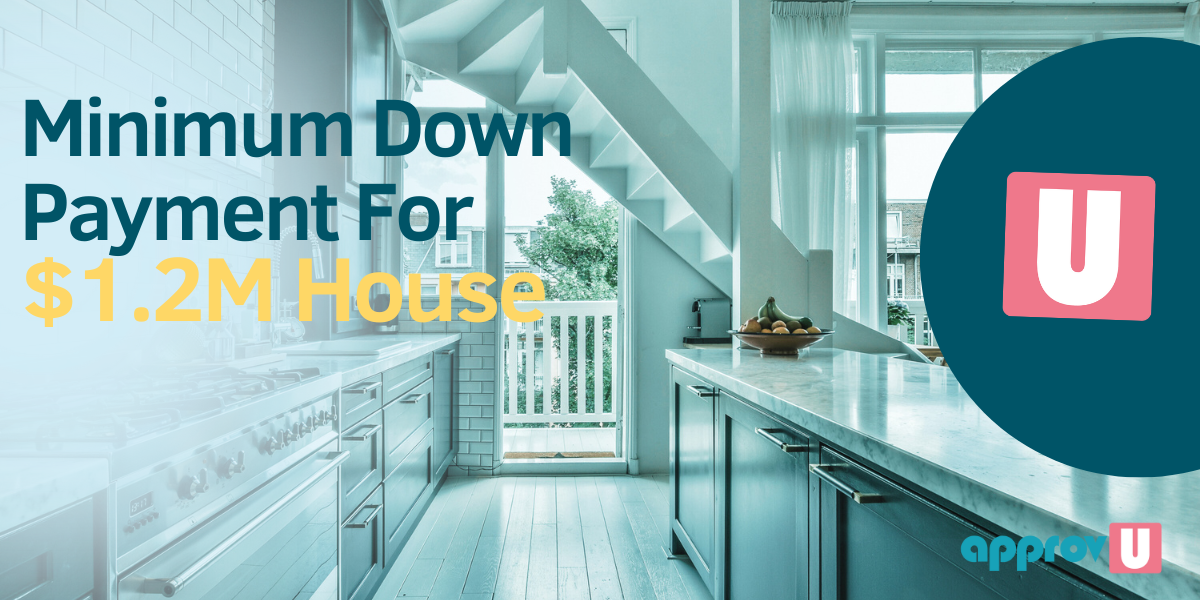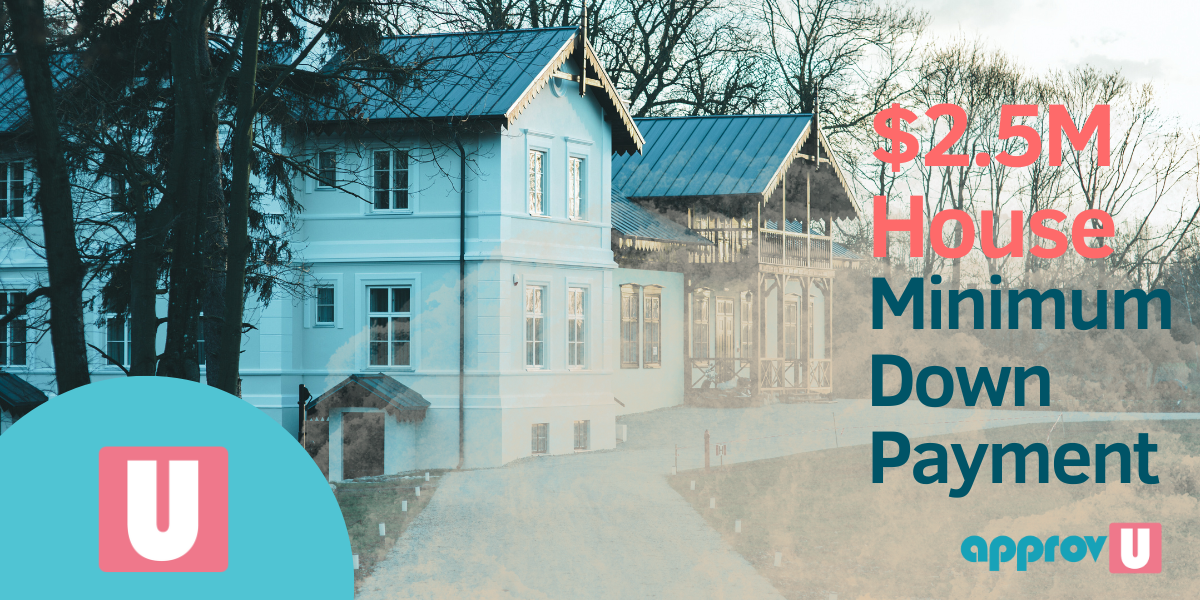So, you’re wondering – “Can I qualify for a mortgage with a 740 credit score?”
Well, you’re in the right place.
Determining your eligibility for a mortgage isn’t straightforward. Besides your credit score, factors such as income, down payment, and property details all play a role in influencing your qualification.
This article delves into everything you need to know about credit scores, specifically the mysterious 740, and how it influences your mortgage chances.
We know mortgages can feel like a tough nut to crack, but don’t worry – by the time you’ve finished reading.
You’ll feel confident, informed, and ready to take the next step in your home ownership journey.
Let’s turn those home dreams into reality,
shall we?
Stay with me as we navigate the mortgage maze.
Understanding Credit Score
Now, before we dive headfirst into the world of mortgages, let’s take a moment to talk about credit scores. After all, we can’t solve a puzzle without understanding all the pieces, right?
Definition of Credit Score
Simply put, your credit score is like your financial report card.
It’s a three-digit number that tells lenders just how trustworthy you are when it comes to paying back loans. The score can range from 300 to 900, with higher scores indicating that you’re a low-risk borrower. It’s sort of like a trust barometer for banks!
How Credit Scores Are Calculated
So how is this score determined?
Good question!
Credit scores are calculated using a formula that takes several factors into account. These factors include your payment history, debt amount, credit history length, new credit inquiries, and the types of credit you use.
All of these pieces combine to form your credit score.
Impact of Credit Score on Financial Opportunities
Your credit score carries weight.
It can significantly affect the financial opportunities available, like whether you’re approved for a mortgage, the interest rate you’re offered, or even the credit limit on your credit card.
A higher score can open doors to better financial products and more favourable terms.
So, it’s pretty clear – taking care of your credit score is taking care of your future self!
The Significance of a 740 Credit Score
We’ve explored what a credit score is, how it’s calculated, and why it’s important.
But what does a score of 740 specifically mean in the grand scheme of things?
Let’s break it down.
Credit Score Range and Classifications
Credit scores generally range from 300 to 900.
As a rule of thumb, a score under 600 is considered poor, between 600 and 650 is fair, between 650 and 700 is good, and over 700 is excellent.
These classifications are important, as they help lenders quickly assess your creditworthiness.
Interpretation of a 740 Credit Score
If you carry a 740 credit score, pat yourself on the back.
This is firmly in the ‘excellent’ range. It tells lenders you’re a safe bet, which is definitely worth celebrating.
It means you’ve managed your debt responsibly, been timely with your repayments, and demonstrated overall good credit habits.
How a 740 Score Impacts Borrowing Options
With a 740 score, you’re likely to have more borrowing options available, not just in terms of getting approved but also getting better interest rates.
Lenders may offer you lower rates because they trust you’ll pay them back in full and on time. It’s like having a VIP pass in the world of finance!
The Canadian Mortgage System
Getting a mortgage in Canada isn’t exactly a walk in the park, but with a solid credit score like yours, you have a head start!
Here’s the lowdown on how it works.
Overview of Mortgage Approval
Banks, credit unions, and other financial institutions primarily issue mortgages. When you apply for a mortgage, these lenders look at your income, debts, down payment, and credit score.
The goal?
To determine your ability to pay back the loan.
The Role of Credit Scores in Mortgage Approval
Your credit score plays a huge role in this process.
It’s one of the first things a lender will check.
A high credit score – like your 740 – tells lenders that you’ve been responsible with your debt in the past. This builds confidence in your ability to manage a mortgage payment.
Other Factors Considered for Mortgage Approval
While your credit score is a key factor, it’s not the only one.
Lenders also consider your debt-to-income ratio, which is the amount of your income that goes to paying off debts each month.
They’ll look at your employment stability, your saved down payment, and even the property itself.
Getting a Mortgage with a 740 Credit Score in Canada
Alright, you’ve been patient, and it’s time to spill the beans. Can you qualify for a mortgage with a 740 credit score in Canada?
The answer is a resounding yes!
Likelihood of Approval
With a 740 credit score, your chances of mortgage approval are high.
Remember, this is considered an ‘excellent’ credit score.
Lenders love to see applicants as they walk through their doors!
You’re seen as a low risk, which means lenders are more likely to extend a mortgage offer your way.
Potential Interest Rates and Terms
Your stellar score doesn’t just affect your approval odds.
It also impacts the terms of your mortgage.
With a 740 credit score, you’re in a great position to secure favourable interest rates.
Over time, lower interest rates could save you a heap of money. You’ll likely get better terms on things like down payment and loan amounts.
Steps to Improve Your Chances for Better Mortgage Options
But don’t rest on your laurels just yet!
There are other factors at play.
To further improve your chances, ensure your low debt-to-income ratio, maintain stable employment, and save as much as possible for your down payment.
The stronger your overall financial picture, the better your mortgage options will be.
Tips for Maintaining a Good Credit Score
Kudos to you for achieving that sweet 740 credit score!
But maintaining it is a journey, not a destination.
Let’s chat about some strategies that can help keep your score shining bright.
Importance of Financial Discipline
The number one secret?
Discipline.
Being disciplined with your finances may not sound fun, but it’s the key to keeping that beautiful score of yours.
This means making your payments on time, avoiding unnecessary debts, and living within your means.
Essential Habits to Build and Maintain a Good Credit Score
Some habits are worth developing if you want to keep your credit score healthy.
- Pay your bills on time: Every time you pay a bill on time, you show lenders that you can be trusted with credit.
- Keep your credit utilization low: Use less than 30% of your available credit. High utilization can be a red flag to lenders, signalling that you might be living on borrowed money.
- Don’t close old credit accounts: Older accounts show a longer history of credit management, which is a plus in the eyes of lenders.
- Apply for new credit sparingly: An inquiry appears on your credit report each time you apply. Too many inquiries in a short period can ding your score.
Tips on Repairing Credit Score if Needed
If you ever find your score slipping, don’t panic. There are steps you can take to repair it.
- Prioritize on-time payments: If you’ve missed payments, get back on track as soon as possible.
- Reduce debt: High levels of debt can hurt your score. Work on a plan to pay it down.
- Check your credit report: Regularly review your credit report for errors or signs of identity theft.
Conclusion
We’ve come a long way,
haven’t we?
You asked, “Can I qualify for a mortgage with a 740 credit score?”
we answered with a resounding ‘Yes’!
Your excellent score opens the door to many mortgage opportunities.
With your 740 credit score, you’re not just a face in the crowd to lenders. You’re seen as a responsible borrower, making you a top contender for mortgage approval. And not just that, your high score can also snag you those desirable lower interest rates and better loan terms.
But remember, while your credit score is crucial, it’s just one piece of the puzzle. Keep an eye on your overall financial picture, like your debt-to-income ratio, employment status, and down payment. Combined with your credit score, these elements are all parts of the road leading to your dream home.
And lastly, don’t forget to keep those good credit habits going! Maintaining your score is just as important as achieving it. Financial health is a journey, not a one-time accomplishment.
















